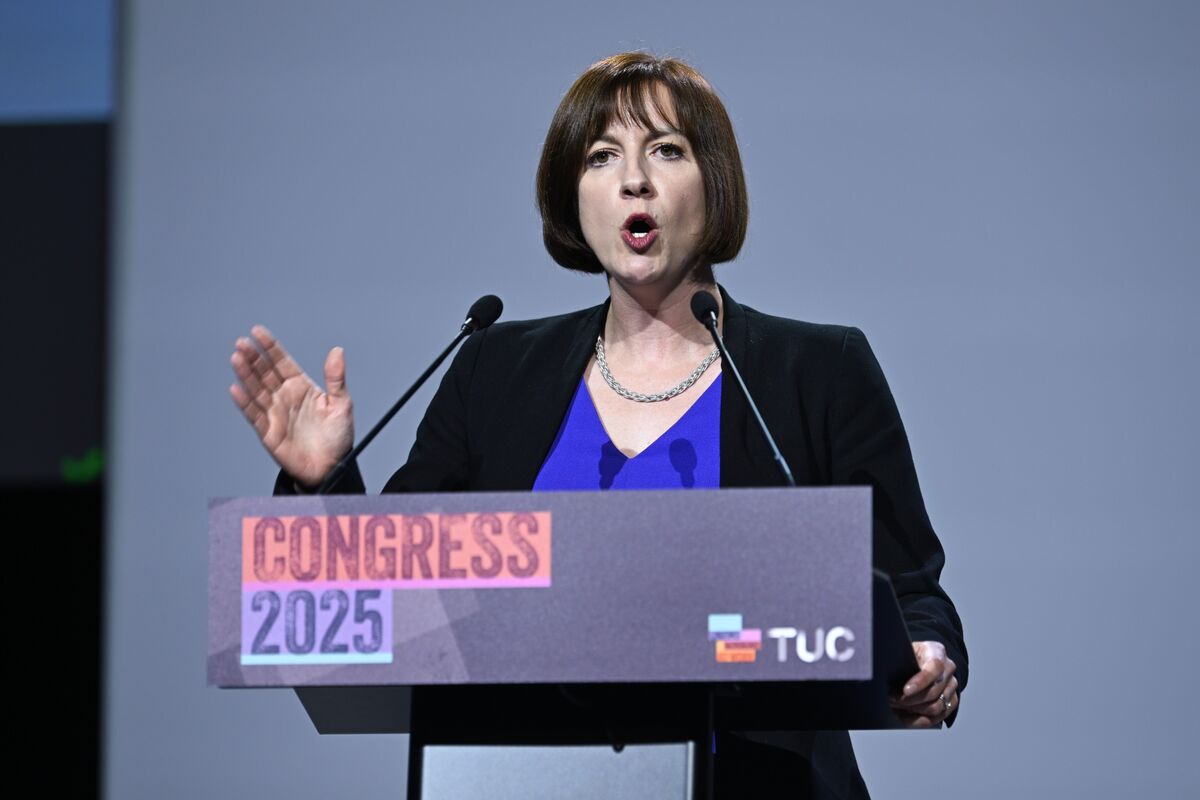Bridget Phillipson, the education secretary, has thrown her name into the ring to be Labour’s new deputy leader, against a fellow minister and other contenders more overtly critical of Keir Starmer’s leadership. It’s likely to be an awkward process for the prime minister, opening up a difficult conversation about what has gone wrong for his party in its first year in government.
Phillipson is joined by fellow minister Allison McGovern, Foreign Affairs Select Committee Chair Emily Thornberry, recently sacked cabinet minister Lucy Powell and far-left backbencher Bell Ribeiro-Addy, as well as another left-wing backbencher Paula Barker, who have all confirmed they will stand. They only have until Thursday evening to secure 80 nominations from their MP colleagues — a high threshold that both Ribeiro-Addy and Barker are unlikely to meet.
One question a lot of people in Westminster are asking this evening is: why is Phillipson entering the race? At best, she wins and becomes deputy prime minister of a struggling, hugely unpopular government. In the process, maybe she proves her popularity with the party membership, makes herself unsackable in the eyes of Starmer and his team, and has a successful trial run for an eventual move to become party leader. Maybe. But there’s still no guarantee that the deputy leader title on its own will confer much power or leverage.
At worst, Phillipson loses the contest in an awkward, unedifying race. As the cabinet minister in the contest, she is seen as the one with the leadership’s endorsement–and that could be the kiss of death. “She is going to lose and it will be awful,” is how one government source predicts it. As a Labour MP who likes Philipson puts it: “If it gets to the members, anyone associated with this government is going to be annihilated.”

